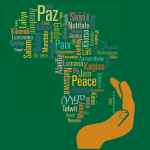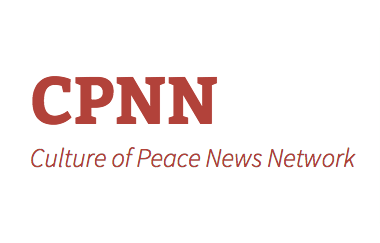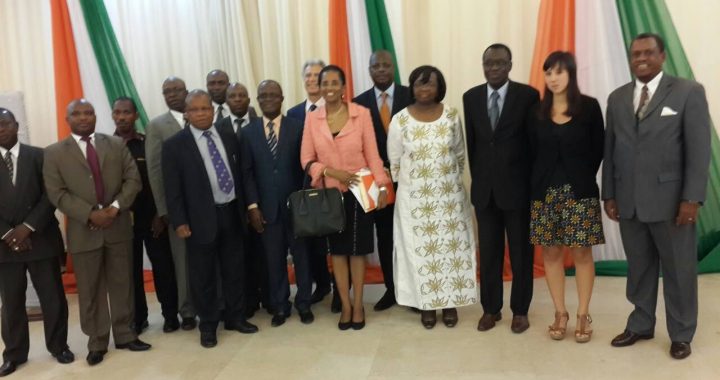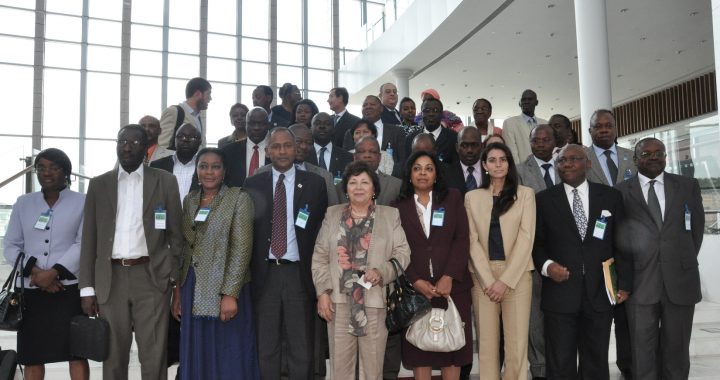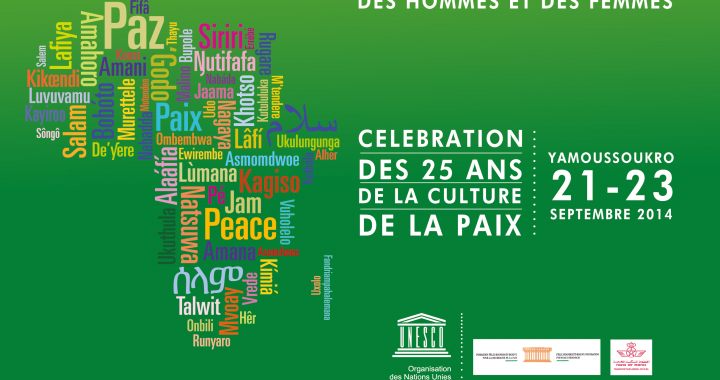THE STRUGGLE OF AFRICA
There is an epic struggle for the heart of Africa between the forces of the culture of war and those of the culture of peace. On the one hand, attacks by Boko Harem, Al Qaida, ISIS, and Al-Shabaab get the headlines in the commercial media, not to mention potential for civil war in Burundi and the fratricidal war in Southern Sudan, On the other hand, if the many recent articles in CPNN about initiatives for the culture of peace are an indication, it is the culture of peace that is gaining!
